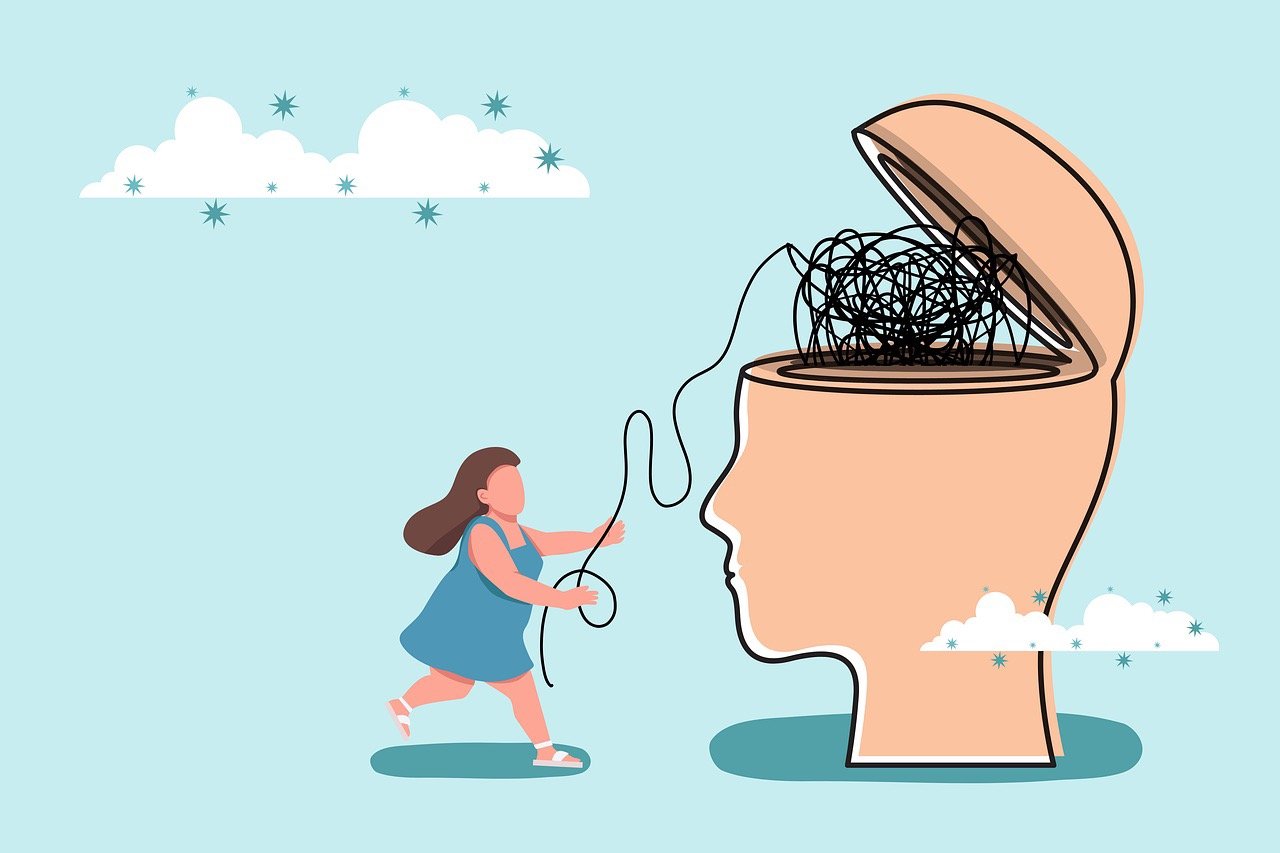Therapy Expectations vs Reality
Therapy is such an amazing resource for better understanding our own mental health. But it isn't always understood. In recent years we have made so much progress in welcoming mental health into our communities but there is still a misconception that lingers. In this blog we will discuss the expectations we have for therapy versus the reality of what therapy is. Keeping in mind that culture and accessibility can contribute to this misconception.
Quick Fixes
Sadly, therapy is not a quick fix. I wish it was! That would be such a relief. Variables to consider are the issue you're seeking to explore, therapeutic goals, and challenges. Some people may expect to leave every session in good spirits and see change immediately but this may not be the case. Therapy is a process and it is not linear. Get familiar with how you measure personal growth and explore this expectation with your therapist.
The All Knowing (having all the answers)
Therapists do not have all the answers. Yes they are trained professionals but they are also human and not all knowing. Sadly, again. You may feel the urge to ask for solutions to your problems or advice. But if your therapist were to give you solutions every session you wouldnt gain the tools to navigate your own life and mental health. Therapists should provide support, guidance, and coping skills to help you create your own solutions and collaborate in managing your mental health.
Feeling Better Instantly
You will be feeling the feelings. Depending on what your mental health goals are, you will be exploring your emotions and processing. This doesn't always feel good. Some people expect to feel better right after the first session, and some people do. But the reality is that it takes time to feel the benefits of therapy. Sessions will sometimes feel good and progressive, and other times it will feel like experiencing all the emotions you've been avoiding. But you won't be doing it alone.
Being Judged
Nobody likes to be judged. Have you ever been telling someone something personal and fragile and either see it in their nonverbal behavior or hear in their statements pure judgment. Yeah, we definitely don't want to open up to them after that. Because it doesn't feel good or emotionally safe. This is why judgment from a therapist would not be helpful in the process of therapy. Therapy is meant to be a nonjudgmental and confidential experience so that you can explore your thoughts and feelings without fear of being criticized.
Therapy can be beneficial when seeking it as a resource to assist in your well being and mental health. If you pursue therapy, do it with an open mind and realistic expectations. It may take time to see progress and it may involve emotional discomfort. But the therapeutic journey has the potential to give you a great sense of self awareness, healthy coping skills, and a fulfilling life.


